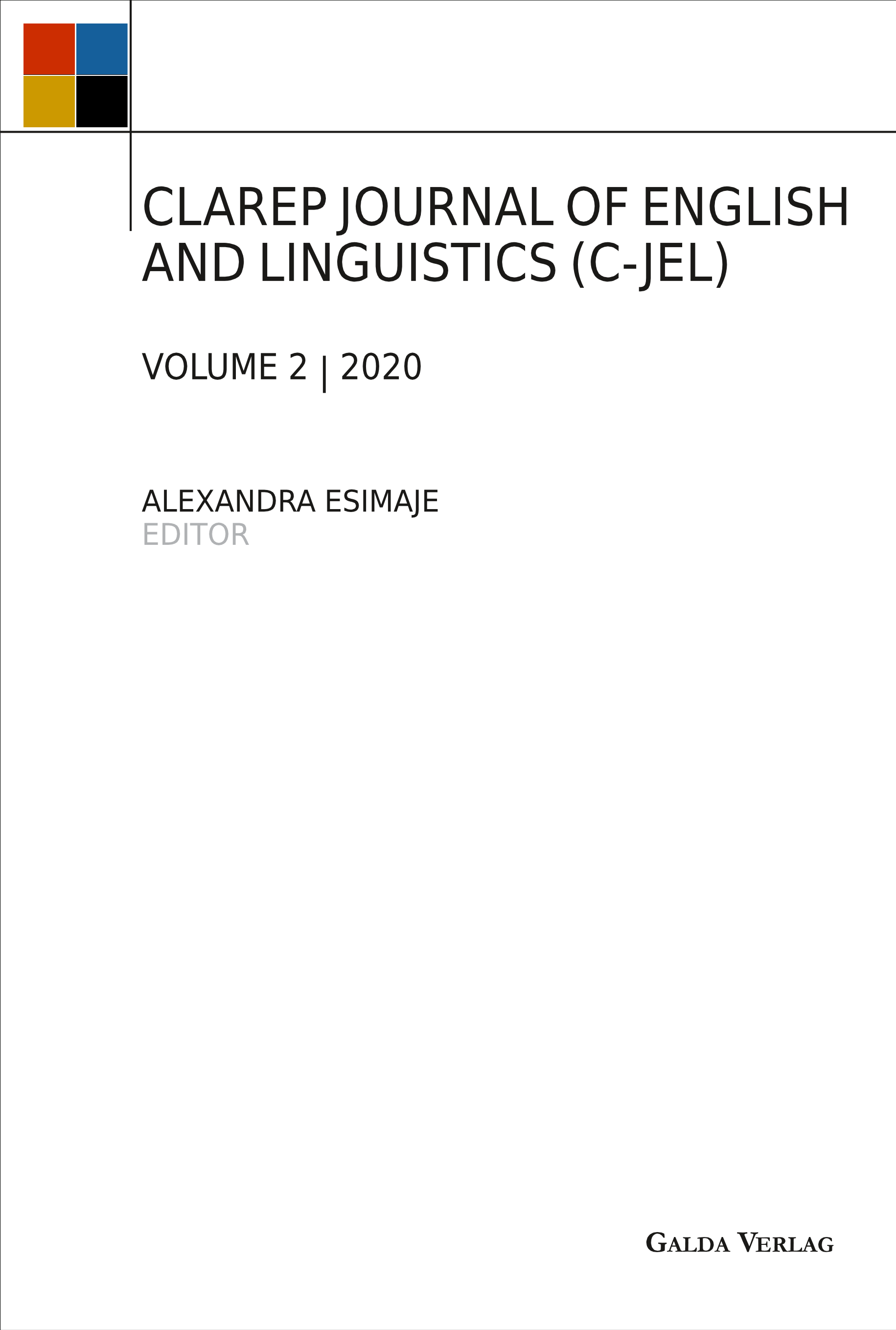The Primacy of Mother: Reflections on “Hare, Elephant and Their Mothers” through Kristevan Lens
CLAREP Journal of English and Linguistics (C-JEL)
Author: Dominica Dipio
Institution: Makerere University, Kampala
Email: dodipio@yahoo.com
Abstract
This study analyses the concept of motherhood as that which transcends particular cultures in order to gain deeper understanding of it. It focuses on one familiar folktale that is diffused among ethnicities in Uganda and East Africa. This is the story of “Hare, Elephant and their Mothers”. Trickster Hare, in this story, proposes to his friend, a fellow bachelor, that it would be better to kill their old mothers in order to capture the attention of marriageable young women. The problem the story navigates is the position of a mother in the life of her son. To engage this story, I use the psychoanalytical perspective of Julia Kristeva, particularly as articulated in two of her articles, “Stabat Mater” and Narcissus: The New Insanity”. This perspective opens a fresh appreciation of the fascinating relationship between mother and child – particularly the son – that transcends cultures. As shown in both the theory and the folktale, the mother’s relationship with the son is characterised by entanglement with the ‘other’ self that she cannot be extricated from. To kill one’s mother can only be a trickster’s distasteful joke, for the line between mother and child is often blurred, as seen in Tales of Love (1987), where Kristeva theorises the child as an extension of the mother.
Keywords
folktale, mother, child/son, the law, Julia Kristeva, entanglement
Pages: 175-192
ISSN: 2698-654-X
ISBN: 978-3-96203-146-6 (Print)
ISBN: 978-3-96203-245-6 (PDF)
DOI: https://doi.org/10.56907/gpgi5fv3

